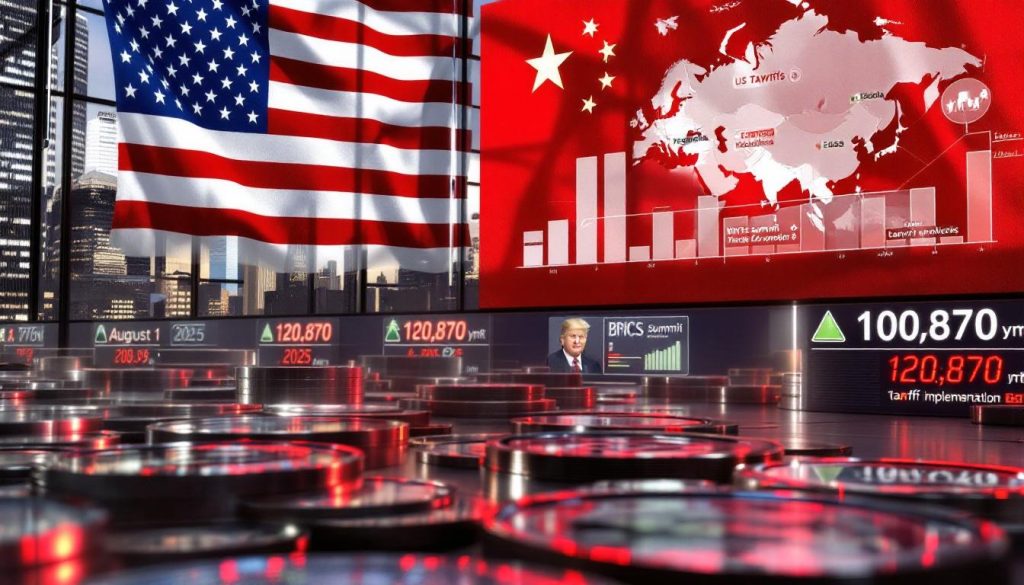According to a report commissioned by the Pharmaceutical Research and Manufacturers of America (PhRMA), a 25% tariff on pharmaceutical imports could raise U.S. drug costs by nearly $51 billion annually, potentially increasing prices by up to 12.9%.
Trade tariffs have always raised concerns, but recent analyses show that a 25% tariff on pharmaceutical imports could significantly increase drug costs in the United States. According to a report commissioned by the Pharmaceutical Research and Manufacturers of America (PhRMA) and conducted by Ernst & Young, this policy change could add up to $51 billion to annual drug costs in the U.S.
Report Details
The report highlights that in 2023, the United States imported $203 billion worth of pharmaceuticals, with 73% of these products coming from Europe—primarily from countries like Ireland, Germany, and Switzerland. In the same year, total U.S. sales of finished pharmaceuticals amounted to $393 billion. These figures reflect the heavy reliance of the U.S. pharmaceutical market on foreign imports.
The analysis also indicates that implementing a 25% tariff on pharmaceutical imports could lead to a price increase of up to 12.9%, if these additional costs are fully passed on to consumers. Such a hike would not only add financial strain on patients but could also reduce access to essential medications for many individuals.
Concerns and Responses
The Pharmaceutical Research and Manufacturers of America (PhRMA), which represents major companies like Amgen, Bristol Myers Squibb, Eli Lilly, and Pfizer, argues that these tariffs could undermine U.S. efforts to boost domestic drug manufacturing. The group has raised concerns about the potential negative impact on the country’s trade and production goals.
Under former President Donald Trump, there were frequent threats of imposing tariffs on pharmaceutical imports. However, pharmaceutical companies and manufacturers have strongly opposed such decisions, warning that these actions could hinder the production of domestic drugs.
Pharmaceutical Companies’ Response
In response to these proposed tariffs, some of the largest pharmaceutical producers, such as the Swiss-based Roche, have sought tariff exemptions directly from the U.S. government. Roche argues that the products it exports to the U.S. are balanced out by its own exports of U.S.-made drugs and diagnostics.
Furthermore, companies have urged the government to phase in the tariffs gradually to mitigate their impact on consumers. The hope is that a more gradual approach could ease the financial burden on the American public while still fulfilling the administration’s policy goals.
Potential Impact of Tariffs on Drug Prices
The effect of these tariffs on drug prices depends significantly on how they are implemented. If these tariffs are fully passed on to consumers, the prices of pharmaceuticals could see a sharp increase. Ernst & Young’s analysis estimates that U.S. drug prices could rise as much as 12.9% if the additional tariff costs are transferred entirely to consumers.
Such price hikes would place a significant financial burden on consumers, especially those who rely on specific medications. Additionally, pharmaceutical companies would face new challenges, which could result in a reduced supply of some essential drugs.
Conclusion
A 25% tariff on pharmaceutical imports to the United States could have serious economic and social consequences. Not only would it increase drug prices, but it could also limit access to critical medications for many individuals. The reactions from the pharmaceutical industry and government officials indicate that this issue will continue to be a complex and contentious topic.




